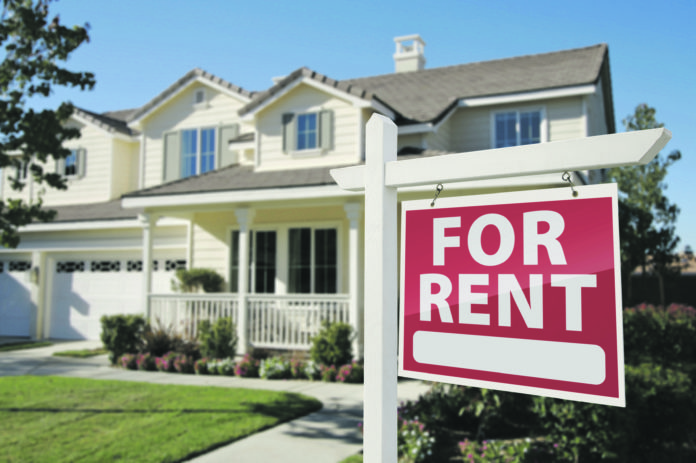
Ours is a fast moving world for landlords of residential private property, operating now in a market so under-stocked that Government intervention smacked rent caps on many urban and commuter zones. This Limerick Post feature, one of two, is not concerned with the politics/ morality of government strategy or of property owners looking to turn a buck but takes a close look at what landlords should be looking closely at: their tax returns.
Our focus group in mind is the smaller owner who expanded prior to 2008 or more recently during the market low when cash sales ruled. In the post-boom years of doom, unemployment rose, income fell and taxes and charges issued by a starved Exchequer helped fill the deficit. Housing stock was vacated by the thousands and thousands who emigrated with their skillset and earning capacity. There were no buyers.
Ten years on, that lunar landscape has changed and acquisitive vulture funds circle. Property Page met with tax expert Roy Finucane, director of the award winning Tax Assist Accountants firm on Roches Street, to keep up with these changing times and relevant legislation.

Any punter can collect a suite of printed informational handouts from his front office, providing us generously with guidance in the sea of rising and falling income thresholds, taxes, surcharges and compulsory State registers such as Local Property Tax as well as Water Charges, the latter lapsed in controversy.
“First of all, the single most important action for any landlord working in the present market is to have their property placed in registration on the Rental Tenancies Board (RTB). This is the single biggest thing for a landlord who has a mortgage to offset. You cannot claim tax relief on the interest paid with first registering with the RTB.
“The other thing to be conscious of is that mortgage interest relief has risen working off 80 per cent of interest paid in 2017, then rising to 85 per cent in 2018 and hereafter.”
Mortgage holders are issued annually by their lender with their certificate of their cumulative interest paid on the loan. It is this exact figure that interests Revenue.
“Other things that people may not know about are the supports for social housing if you give your property over to the local authorities for accommodation. There are various schemes such HAP and RAS. If this is your situation, the mortgage interest relief is set at 100 per cent.
“This is an incentive set by government strategy to open out more stock to local authorities around the country. People go into social housing schemes for the security of tenancy but rental income is set at lower than the market rate.” Interview contiinues here


